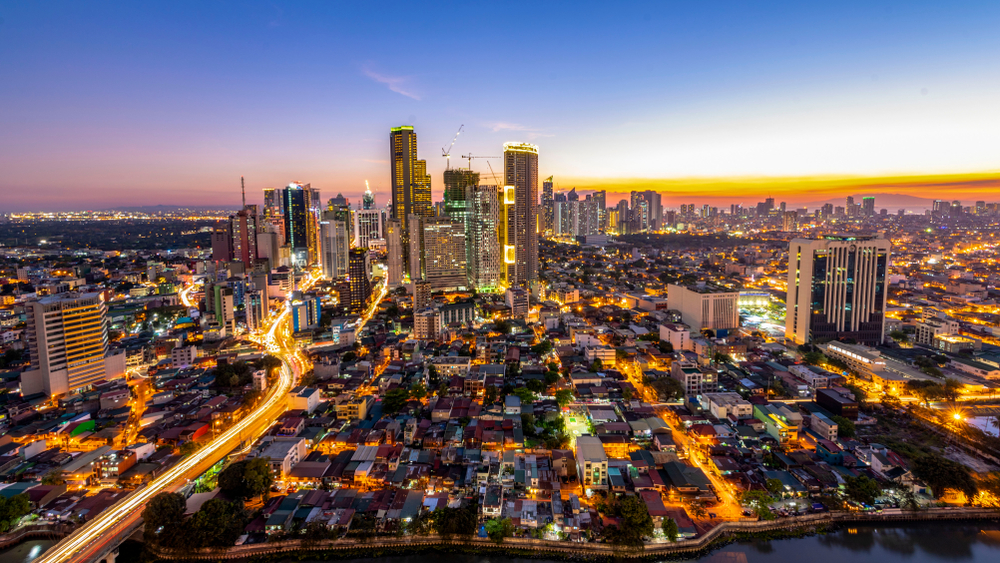Economic liberalisation bills may attract more FDIs in the Philippines
Investment in real estate is ideal, not only because it can generate passive income, but also because it increases in value over time

Former president Duterte signed several bills before his term ended, including key economic liberalisation bills that would attract more foreign direct investments (FDIs), reported JLL.
The Foreign Investment Act, Retail Trade Liberalisation Act, and Public Service Act are slated to help the nation recover from the pandemic and attract foreign investments in all sectors, including real estate. Although the measures do not contain any specific clauses that may directly impact real estate, an easing of cross-country restrictions might encourage more foreign companies to operate in the Philippines. As a result, there will be an increase in land and office space demand, which will sustain their operations.
Contrary to common assumption, real estate investing is not only for the wealthy. Several factors have gradually leveled the playing field in terms of property ownership.
According to data gathered by Colliers, the residential rate in Metro Manila would rise by 1.7 percent this year and by 2.3 percent in 2026. People may begin seeking residential apartments closer to businesses as more organisations reinstall office work setups — or at least hybrid arrangements — helping to prop up residential property demand.
More: Sustainability & infrastructure to support the Philippines’ property sector
The pandemic’s impact on real estate investors’ objectives is one of the more intriguing side effects, according to CNN Philippines. Property buyers in Southeast Asian nations, including the Philippines, favour projects that cater to both the pandemic and post-pandemic scenarios.
Investment in real estate is ideal, not only because it can generate passive income, but also because it increases in value over time.
Given that foreign investors are waiting to see what economic policies the next government will pursue, the economy may not immediately feel the effects of loosened restrictions. Although the Philippines is transitioning to a more liberalised economy that will assist the country in enhancing its restrictive conditions, the economic changes targeted at attracting foreign investment are a welcome development nonetheless.
The Property Report editors wrote this article. For more information, email: [email protected].
Recommended
Why everyone is moving to Selangor and Johor: Malaysia’s real estate comeback
Malaysia’s upturn in fortunes is especially prevalent in secondary destinations such as Selangor and Johor
Penang’s silicon boom: How the US-China tech war is supercharging local real estate
Penang’s booming semiconductor industry has created ripples within the local real estate sector
New leader, new opportunities: How Hun Manet is shaking up Cambodia’s real estate game
Hun Manet is overseeing decent economic growth and widening access to the country’s real estate market for foreigners
Singapore embraces inclusive housing reforms amid resilient demand
The Lion City’s regulatory strength continues to exert appeal for international investors








